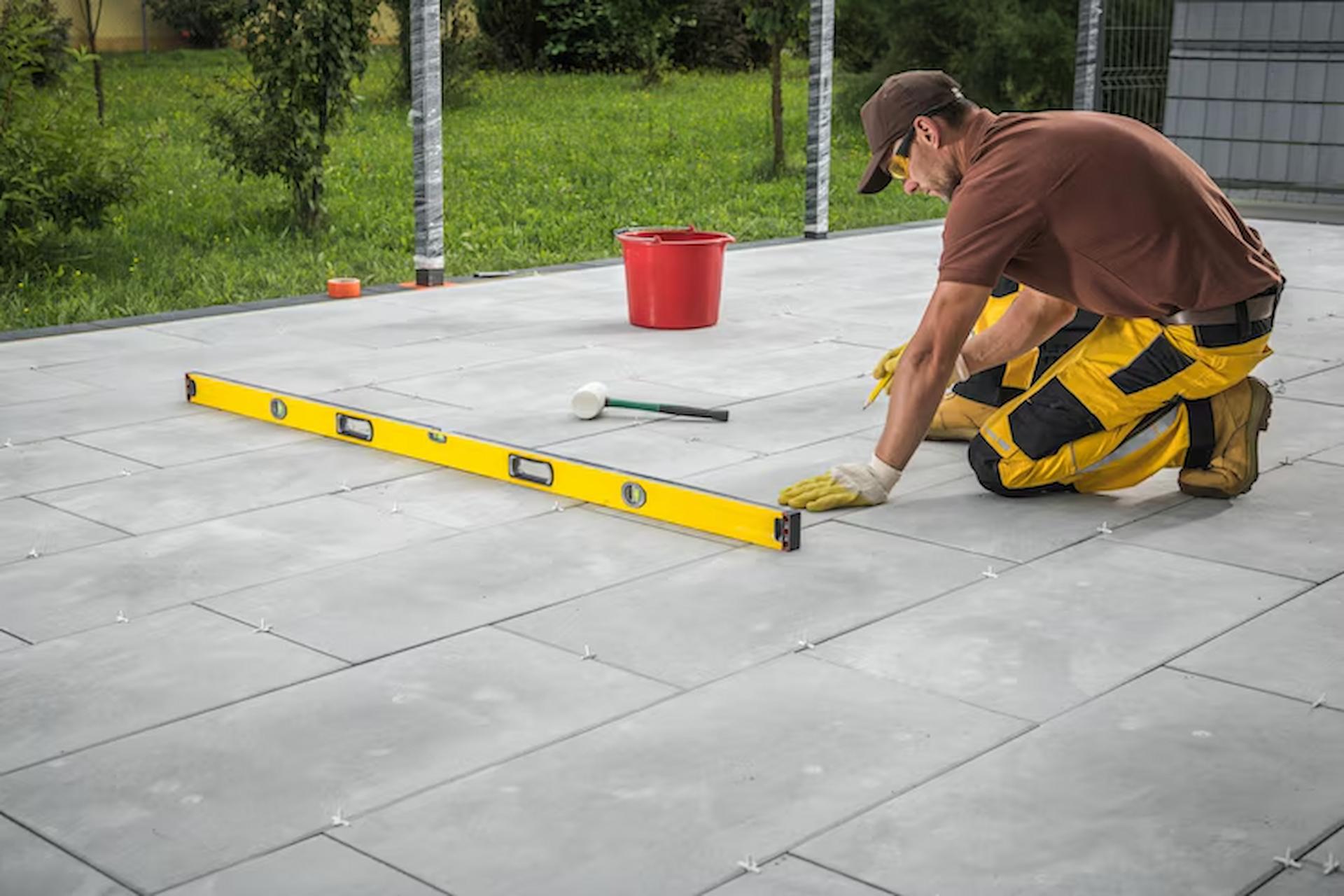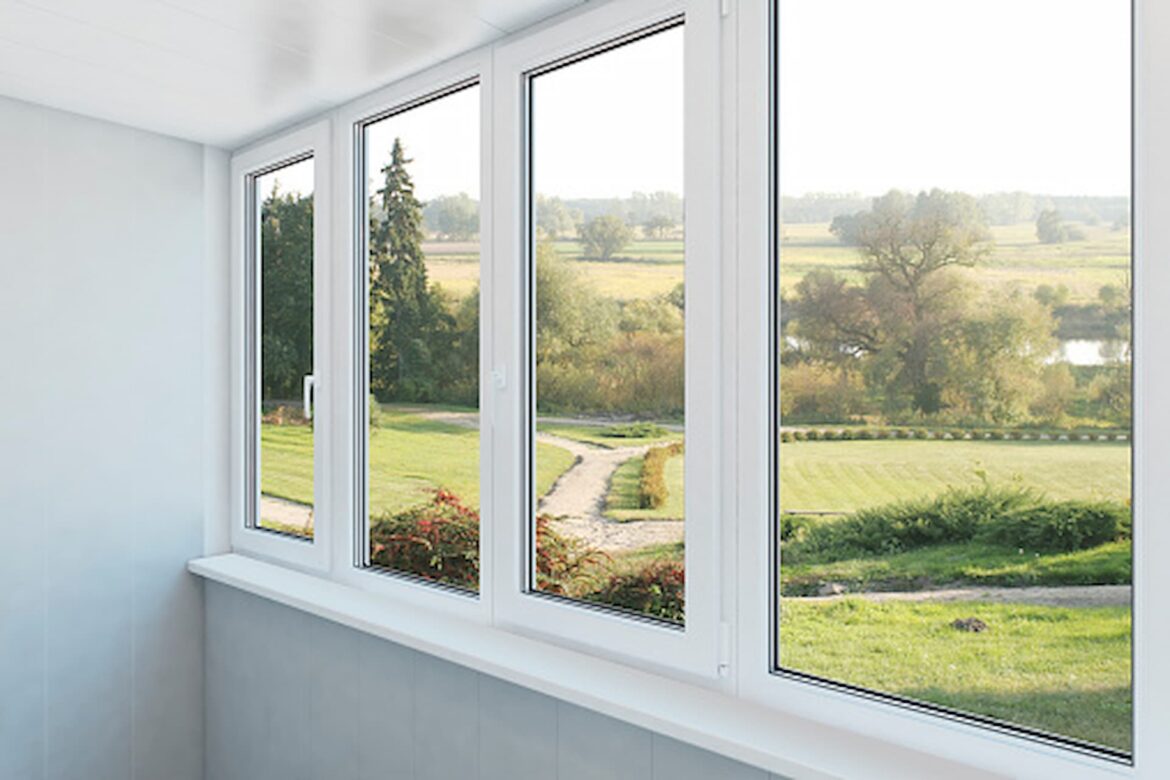Your driveway is more than just a place to park your car; it’s a vital part of your home’s curb appeal and functionality. A well-designed and installed driveway enhances the aesthetics of your property, provides safe and convenient access, and can even increase your home’s value. However, with a variety of materials, styles, and considerations to choose from, planning a new driveway can feel overwhelming. This article will guide you through the top factors to consider when installing a driveway, ensuring you make an informed decision that fits your needs and budget.
Functionality and Use
Size and Layout
Number of Vehicles: Consider how many vehicles you currently own and anticipate needing to park in the driveway in the future. Account for the size of your vehicles as well, with larger trucks or SUVs requiring more space.
Traffic Flow: Plan for a layout that allows for easy maneuvering and turning. Consider a wider driveway or a turn-around area if you have a busy household or limited street parking.
Accessibility: If you or your household members have any mobility limitations, ensure the driveway is wide and level enough to accommodate wheelchairs or walkers.
Drainage: Proper drainage is crucial to prevent water from pooling, damaging the driveway surface, and causing foundation issues. The driveway’s slope should be designed to direct water away from your house and towards the street or a designated drainage area.
Permits and Regulations: Check with your local municipality for any permits or regulations regarding driveway size, materials, and placement. This can help avoid delays and ensure your driveway complies with local codes.
Material Selection
Durability: Consider the climate in your area and the amount of traffic the driveway will receive. Concrete is known for its strength and longevity, while asphalt offers a good balance of affordability and durability. Gravel driveways are a cost-effective option but require more frequent maintenance. For all your construction needs, trust the expertise of driveways Hertfordshire only.
Maintenance: Some materials require more upkeep than others. Concrete may develop cracks that need to be sealed, while asphalt requires periodic resealing. Gravel driveways need to be topped up with additional gravel periodically to maintain a level surface.
Aesthetics: The material you choose should complement the style of your home and landscaping. Concrete offers a variety of finishing options, including stamping and staining, to create a custom look. Paving stones or cobblestones can add a touch of elegance, while asphalt provides a classic, sleek look.
Cost: Driveway materials vary significantly in price. Gravel is the most affordable option, followed by asphalt. Concrete and decorative finishes will typically be the most expensive. Consider getting quotes from several contractors to compare pricing for different materials and installation methods.
Additional Considerations
Underground Utilities: Before any excavation work begins, a professional utility locating service should mark the location of underground utilities like gas lines, electrical cables, and water pipes.
Environmental Impact: Permeable materials like gravel or pavers allow rainwater to drain naturally into the ground, reducing runoff and improving drainage. For a more eco-friendly option, consider using recycled materials, such as crushed concrete.
Professional Installation: While some homeowners may tackle a driveway installation themselves, hiring a qualified and experienced contractor is highly recommended. Professional contractors have the expertise and equipment to ensure a proper foundation, drainage system, and installation according to local codes.
Conclusion
Installing a new driveway is an investment that can add value, functionality, and beauty to your home. By carefully considering the factors outlined above, you can make an informed decision that meets your needs and budget. Remember to take your time, research different materials and contractors, and don’t hesitate to ask questions to ensure you get the perfect driveway for your property.
A well-maintained driveway can last for decades, providing a safe and attractive entryway to your home. With proper planning and execution, your new driveway can be a source of pride and enjoyment for years to come.





